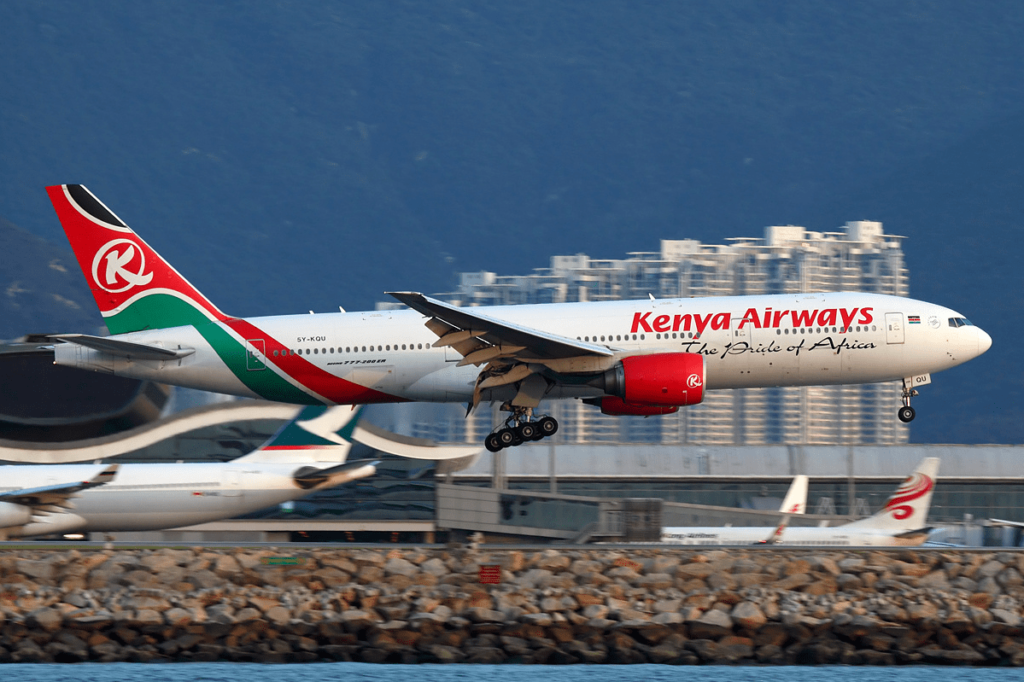The resumption of international flights in and out of Jomo Kenyatta International Airport from Saturday, August 1 is welcome.
This shows that amidst the despair, there is hope. The world is a global village. Apart from the now numerous internet based applications, airlines offer this critical connection.
But even as we laud the move to allow flights in and out of Kenya, a recent report by the International Air Transport Association is startling.
IATA in its latest review on July 29 indicates that it will not be until 2024 for the aviation industry to recover! What this means in layman language is that most airlines will still struggle for another four years.
This bleak outlook the association attributes to a lack of consumer confidence, the decline in business travel, and fresh coronavirus spikes in the United States and elsewhere.
With this background therefore, airlines must find a way to remain afloat and survive the tough times. Closer home, Kenya Airways (KQ) must like its global peers tighten its belt and bite the bullet to remain the pride of Africa.
As a journalist, I have had the front row privilege to follow the ongoings at Kenya Airways. I have reported and witnessed several changes and strategies as it navigates turbulence.
Plagued by historical debts and falling revenues, Kenya Airways is now navigating between staying operational or fizzling out. The pandemic just like in other sectors of the economy has hit it hard.
At the core of this battle to steer the airline is the downsizing plans it announced early July. The management convinced this is one of the strategies it must effect to keep afloat.
As expected, the Kenya Aviation Workers Union (KAWU) and Kenya Airline Pilots Association (KALPA) have not taken this lying down. The two unions insist this is a ploy by the airline to rid it of key employees critical to its operations. I feel them.
Globally, the aviation sector has been bleeding jobs since the pandemic started. Connected to the tourism industry, the closure of most international borders affected air travel. Adjusted forecast by IATA is that international passenger traffic will drop 55% in 2020, compared to 2019.As a result the big boys in the game have had to shed jobs in what they say is a move to keep them in business. In a recent interview with BBC World News, Emirates Airline president Tim Clark indicated that they will cut back their workforce by about […]
